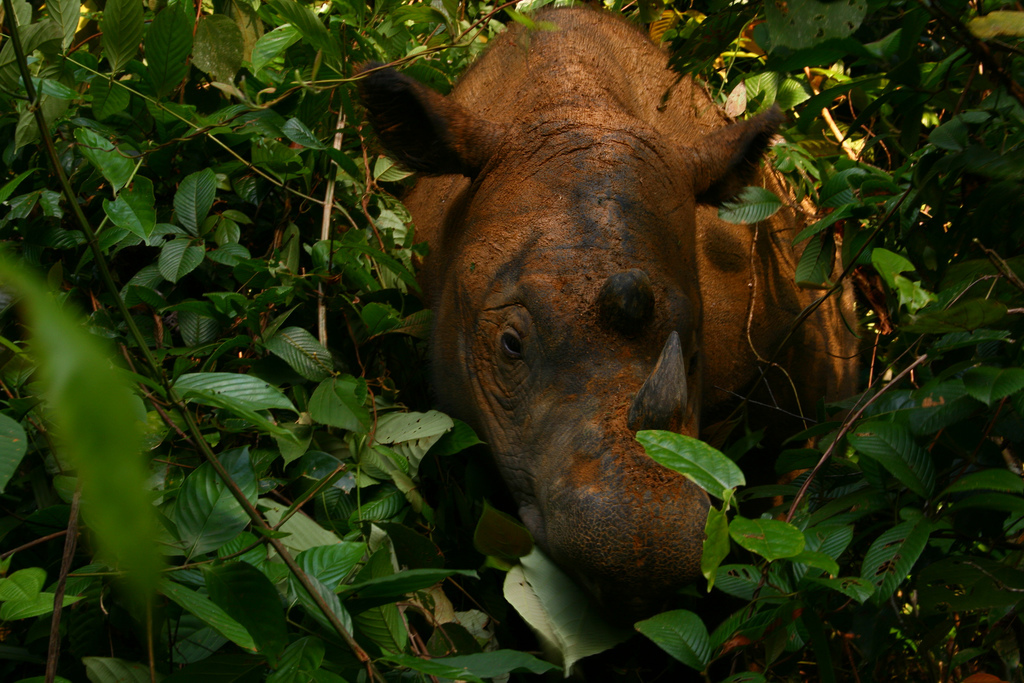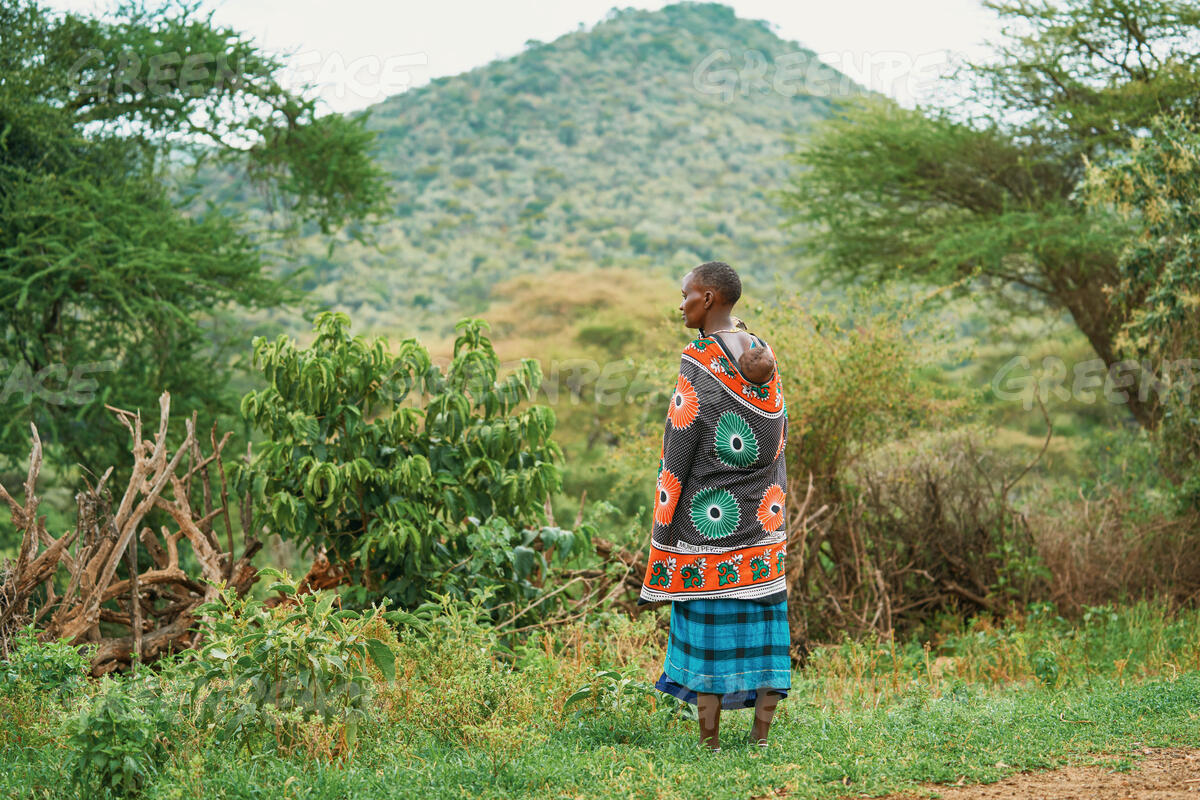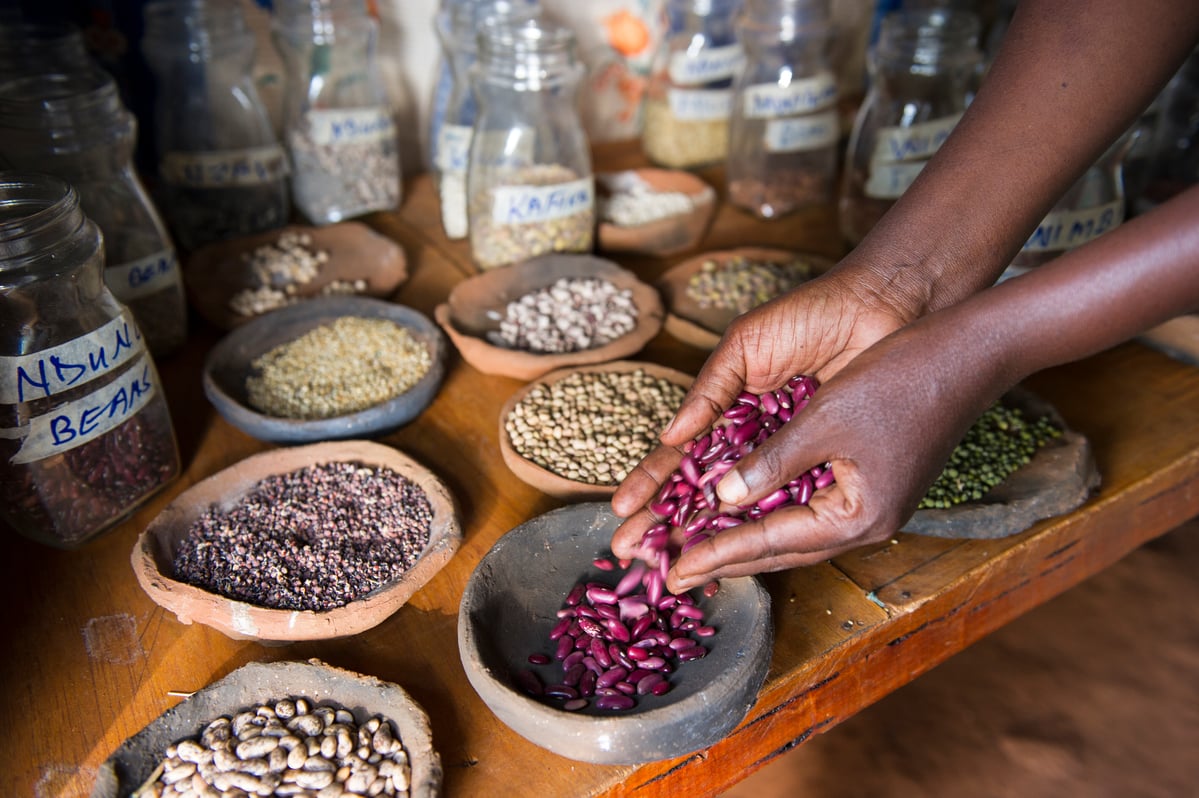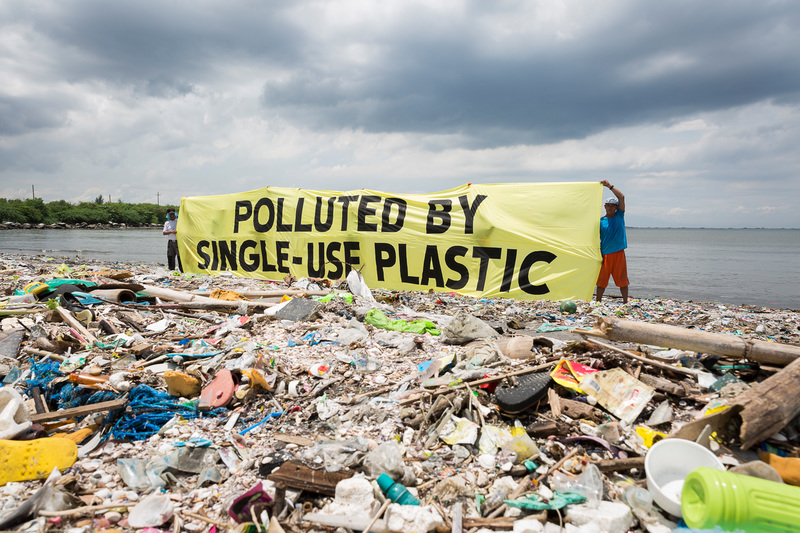
A rhino in Sumatran Rhino Sanctuary (SRS) in Way Kambas National Park.
Reacting to these developments, Greenpeace Africa’s Senior Political Advisor, Fredrick Njehu has said:
“China’s decision to reopen trade on rhino horns and tiger bones will not only reactivate the demand for rhino products, but also contribute to a rise in poaching and other illegal activities. This also reverses steps that have been made to protect these endangered species.
Lifting the ban will contradict the leadership China has shown recently in tackling the illegal wildlife trade. Kenya has a population of about 750 black rhinos, opening this market will further put these at risk.
Greenpeace Africa calls upon China to maintain the ban on tiger bones and rhino horns trade which has been so critical in conserving these iconic species. We also urge the government of Kenya to put stringent measures to ensure the protection and survival of these species.”
Media Contacts:
Hellen Dena, Communication Officer, [email protected], + 254 717 104 144
Related Posts
-

The Ritz-Carlton luxury lodge threatening Maasai livelihoods, the Great Migration and Kenyan pride
Community members, wildlife experts and long-time guides in the Maasai Mara have been raising concerns for months about the Ritz-Carlton Safari Camp being built along the Sand River. Their warnings, now supported by independent reporting, show a development that threatens the balance of the Mara ecosystem and sidelines the rights of the Maasai people whose…
-

HISTORIC VICTORY: Kenyan Court Rules “Sharing Seeds is Not a Crime” in Landmark Verdict for Food Sovereignty
This judgment establishes powerful legal precedent globally, affirming that the ancient right of farmers to save and share seeds supersedes commercial interests, reshaping the legal balance of power between communities and agribusiness worldwide.
-

Plastic isn’t just trash, it’s a justice issue
Kenya outlawed plastic bags in 2017; a step in the right direction. But look around the bottles and sachets and wrappers are still pouring out of our streets, drainages and rivers. It is not whether bans will work but why is it that we continue to fail trying to ban one type of plastic but…
